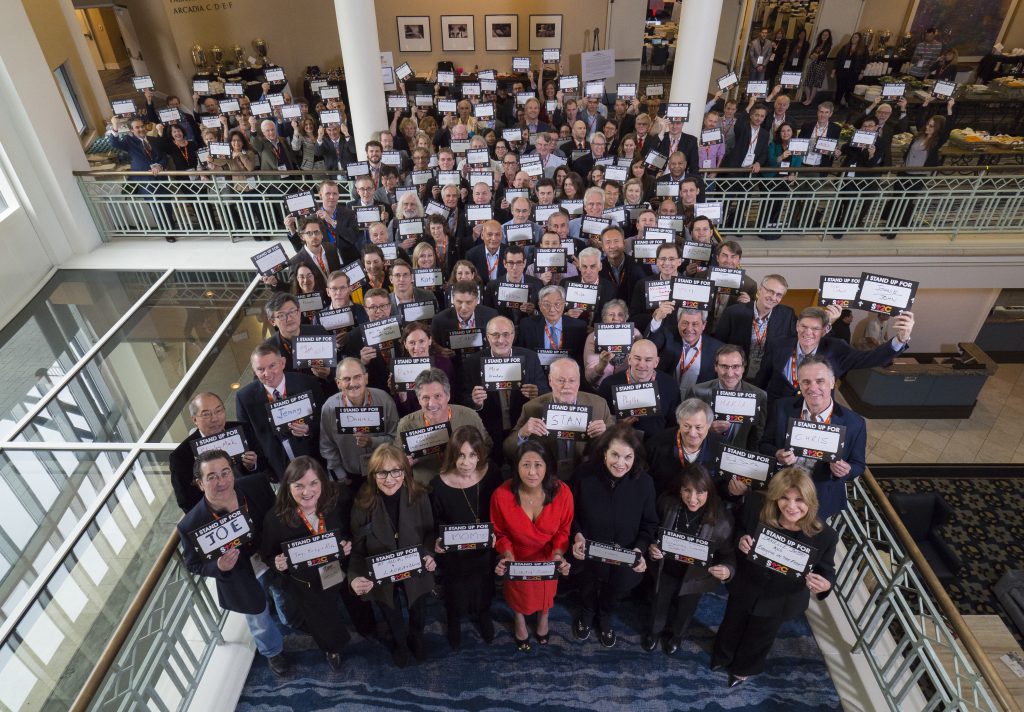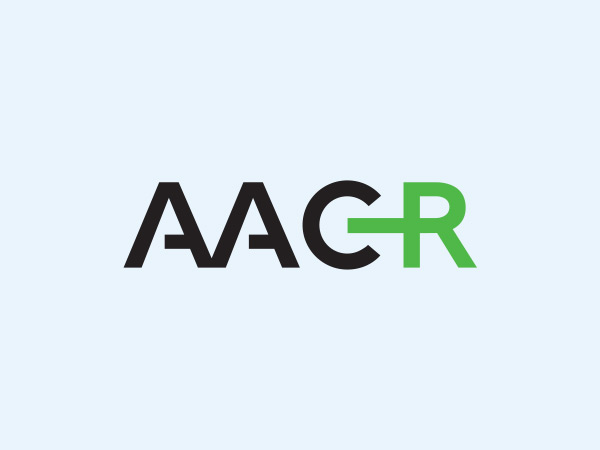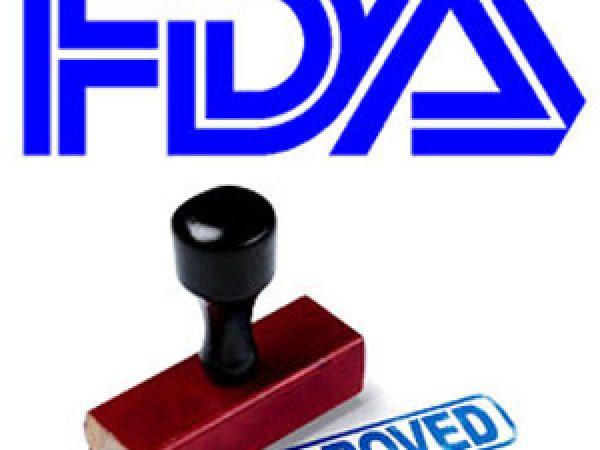Research Teams Share Progress at Scientific Summit
Guest Post by Jenine Sanzari, PhD
Stand Up To Cancer recently held its seventh annual Scientific Summit, organized by the American Association for Cancer Research in our capacity as SU2C’s Scientific Partner. The Summit, held in Santa Monica, California, showcased the increasing diversity of SU2C’s ever-growing research portfolio, as reported by Dream Teams, Translational Teams, Convergence Teams, and Innovative Research Grant recipients, all of whom are attacking a wide variety of critical problems in cancer.
Not surprisingly, many of the teams delivered updates of their work in immunotherapy, one of the exciting areas in cancer research today. The SU2C-American Cancer Society Lung Cancer Dream Team, for example, is focusing on the KRAS mutation that is present in 25 percent of lung cancer cases. The team showed how it is investigating the use of drugs that target KRAS in combination with immune therapies, specifically PD-1 inhibitors. The team is accruing patients for three clinical trials and is preparing for six more.

The SU2C Scientific Summit 2017 brought together scientists, advocates, and members of the SU2C Council of Founders and Advisors. As the Scientific Partner of Stand Up To Cancer, the American Association for Cancer Research organized the summit. Photo by © AACR/Todd Buchanan
The SU2C-Cancer Research Institute Cancer Immunology Dream Team is deep into its investigation of immune checkpoint blockade and the mechanisms by which resistance to it develops. The SU2C-Lustgarten Foundation Pancreatic Cancer Dream Team reported on its work to induce T cells into pancreatic cancers; the team has more than 500 patients enrolled in clinical trials.
A different type of immunotherapy, chimeric antigen receptor T cell (CAR T) therapy, was the main focus of the SU2C-St. Baldrick’s Foundation Pediatric Cancer Dream Team, whose robust clinical trial portfolio includes 18 CAR-T clinical trials involving almost 500 pediatric cancer patients. Combining immunotherapy with epigenetic therapy, the Van Andel Research Institute (VARI)-SU2C Epigenetics Dream Team is gearing up for additional clinical trials targeting different types of cancers including lung and blood cancers.
The SU2C Canada Cancer Stem Cell Dream Team also reported on epigenetics, but that of the epigenomic landscape of brain tumor stem cells and—intriguingly—how the metabolism of the stem cells provides “a window of what the cells are doing with the genome they have.” Two Dream Teams that focus on pancreatic cancer, the SU2C-Cancer Research UK-Lustgarten Foundation Pancreatic Cancer Superenhancer Dream Team and the SU2C Pancreatic Cancer Immunotherapy Translational Research Team, are working to provide better treatment options, but from different angles that alter the tumor landscape so that the complex networks within the tumor can be targeted with new, as well as existing therapies.
Focusing on precision medicine, the SU2C-Dutch Cancer Society Tumor Organoids Dream Team described a high-throughput drug sensitivity assay of human cancer organoid cultures with results within days of exposure to drug that is proving to be an invaluable tool for drug screening.
The SU2C Canada-Canadian Breast Cancer Foundation Dream Team, with recently opened clinical trials, and the SU2C-Ovarian Cancer Research Fund Alliance-National Ovarian Cancer Coalition Dream Team provided exciting updates on therapeutics targeting DNA repair and cell replication machinery. In addition to the investigation of therapeutic strategies, the Ovarian Dream Team is opening a trial on cancer prevention. The SU2C-Dutch Cancer Society Colorectal Cancer Early Detection Dream Team shifted the focus of the audience from treatment of existing and recurring disease to detection to early, more curable stages. The team is using a nationwide screening program in the Netherlands to develop reliable biomarkers.
For the first time ever, patient advocates presented during the Open Session. Two outstandingly articulate and passionate patient advocates captured the minds and hearts of the scientists, funders, and staff alike: Stu Rickerson, a 12-year survivor of pancreatic cancer who serves on the SU2C-Lustgarten team, and Patrick Gavin, who has had three types of cancer and is a member of the VARI-SU2C Epigenetics Dream Team. They discussed ways to improve participation in clinical trials and to simplify the complex process of informed consent. Their presentation not only brought the patient’s perspective to the research scene but served as a reminder of the power the SU2C research teams hold when working so closely with their patient-advocate members.
Other teams also reported their progress, and topics such as data sharing were discussed in panels. Altogether, the Summit was an exhilarating look at the leading edge of cancer research.



